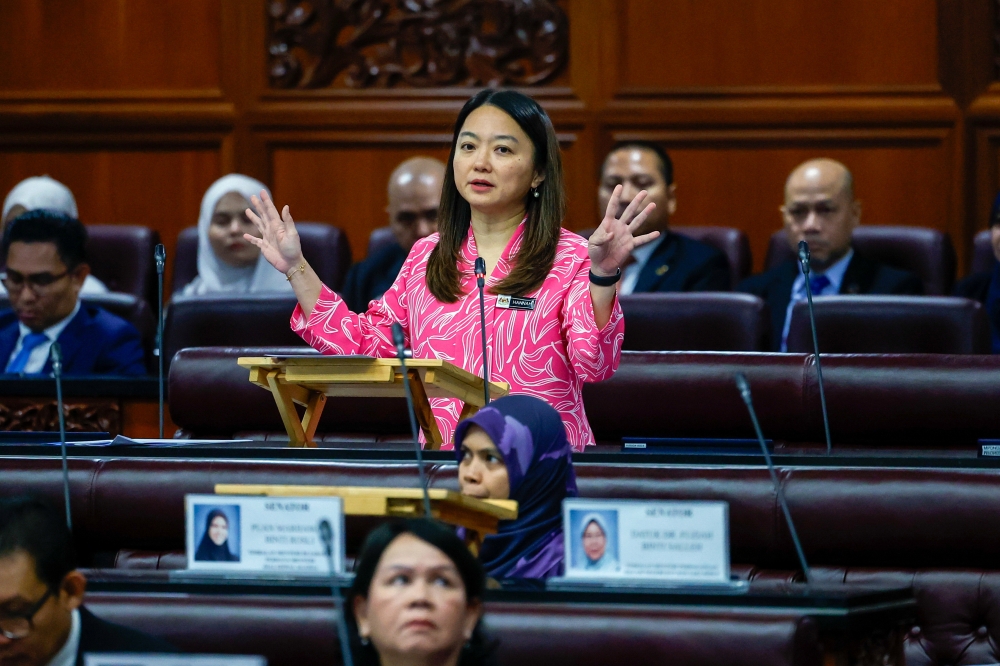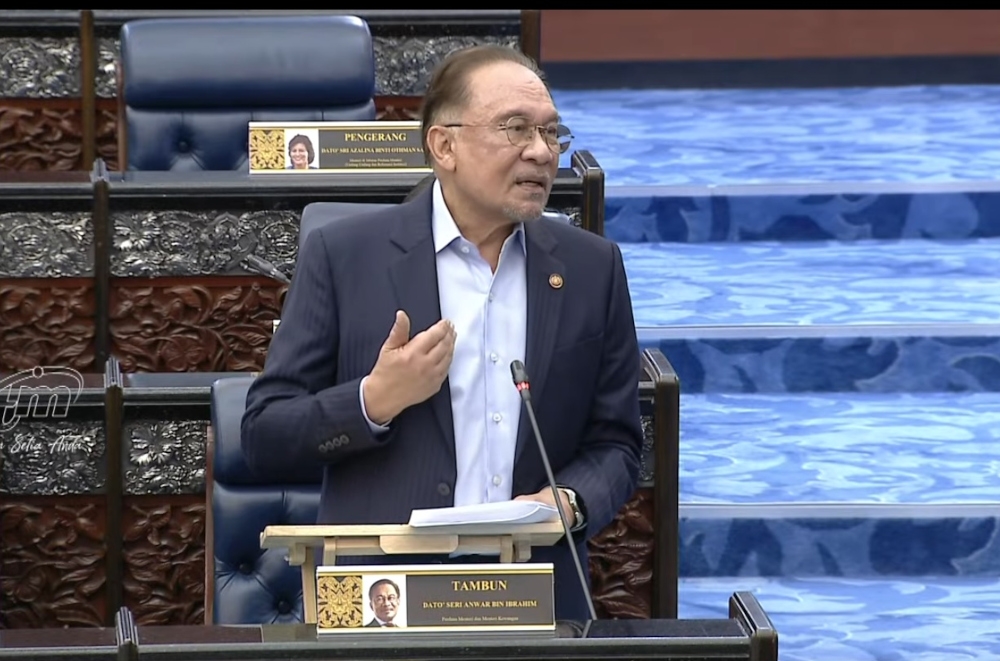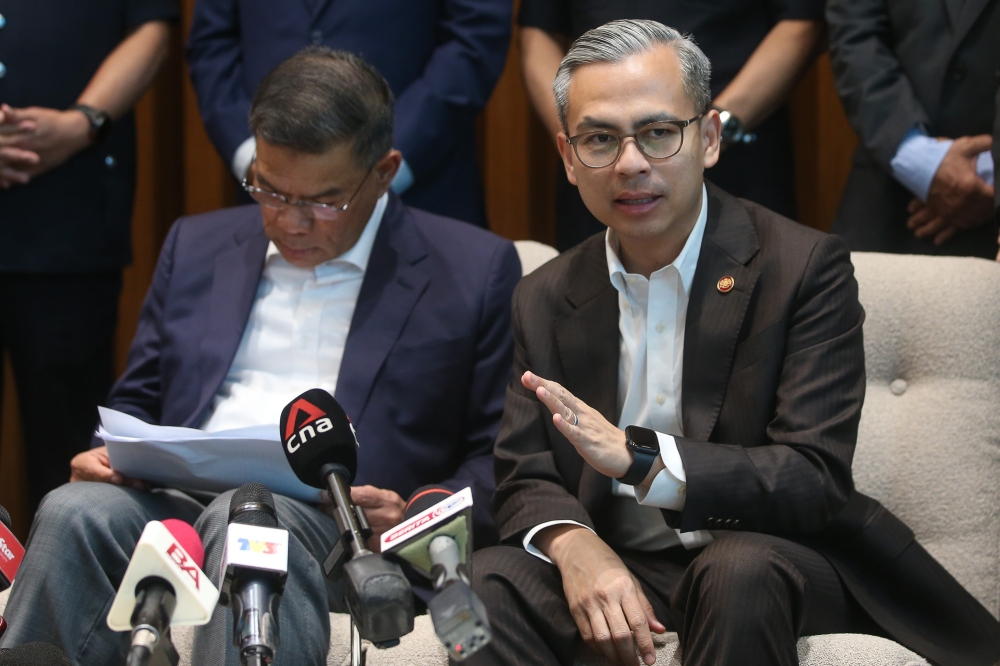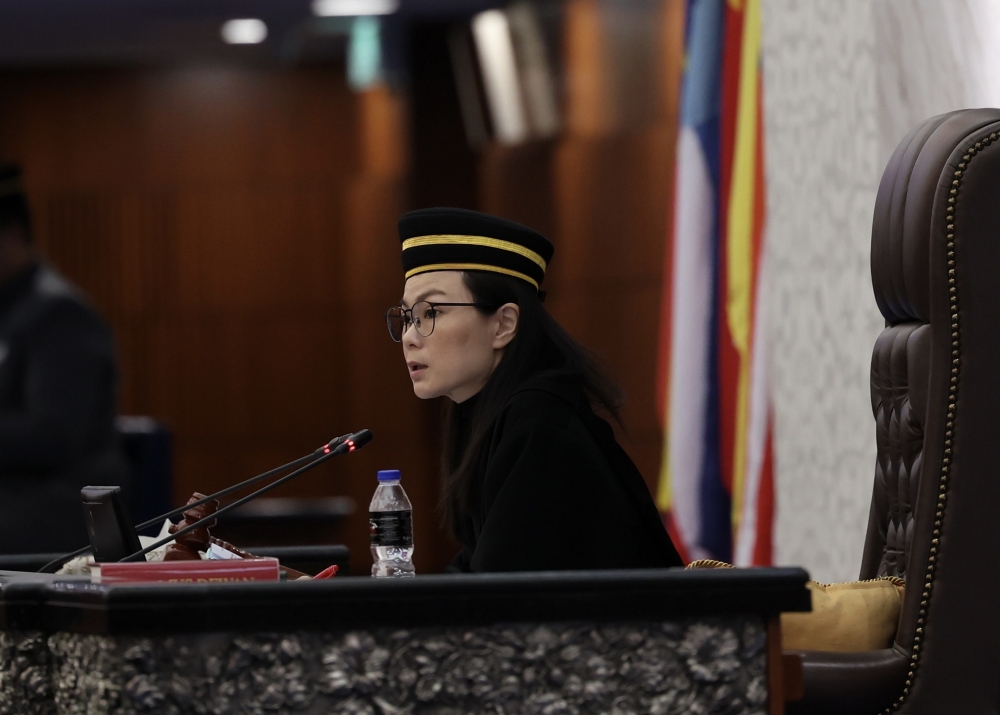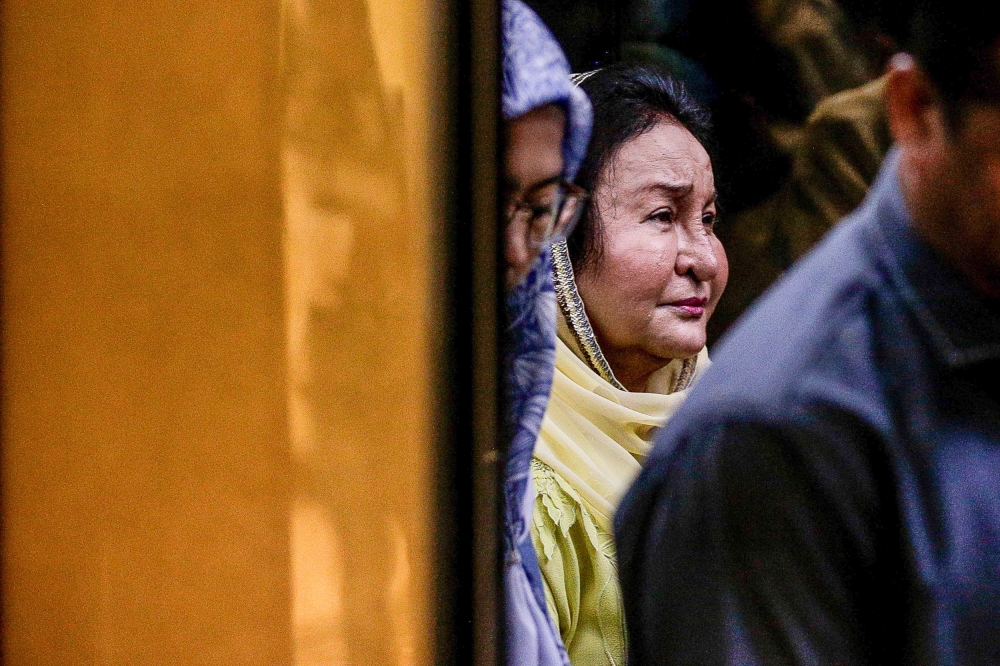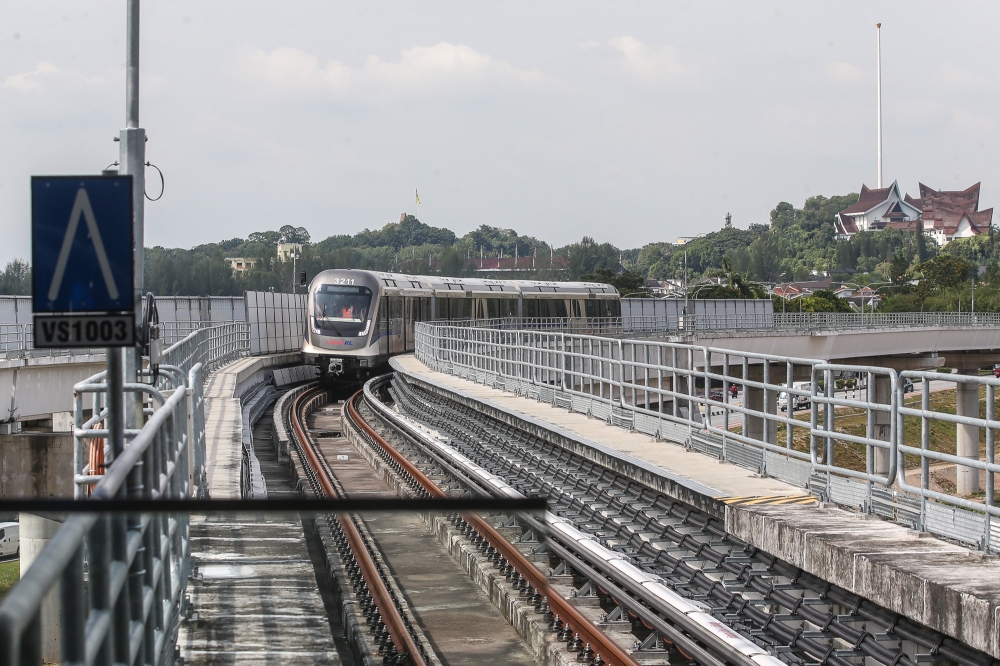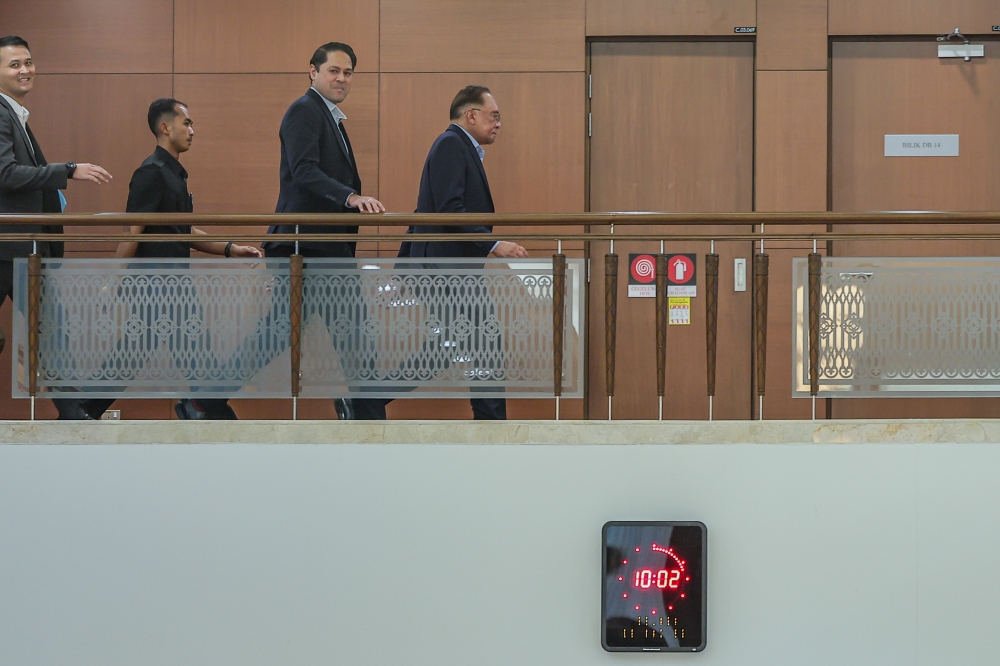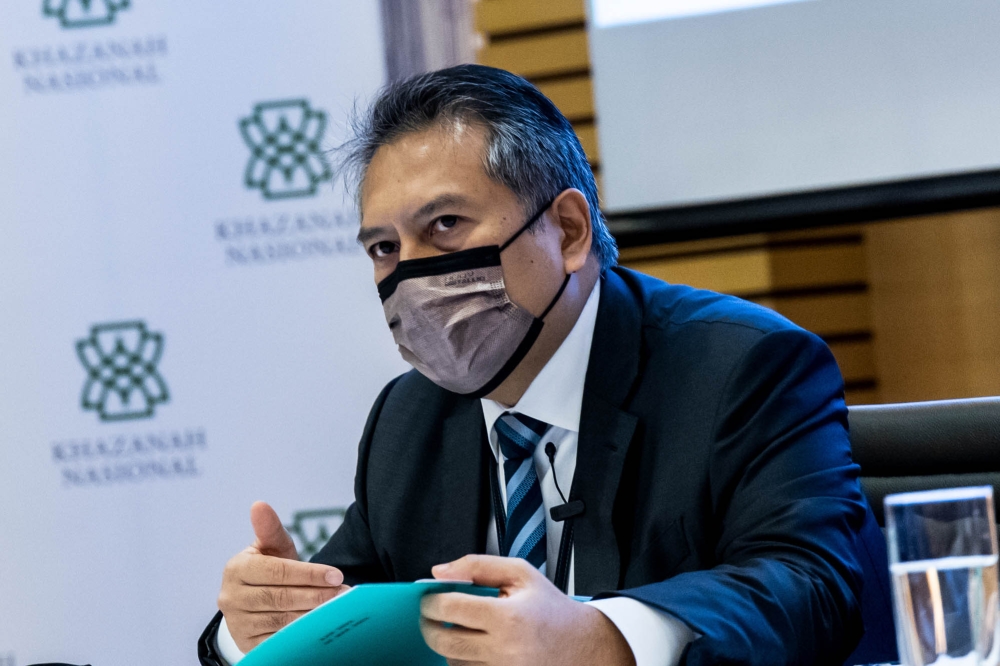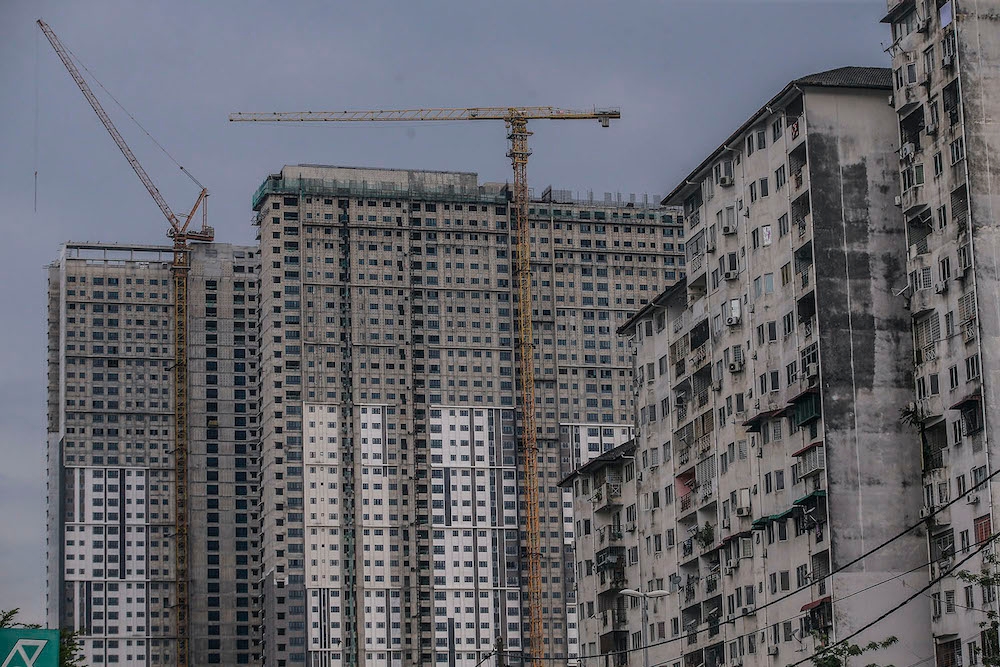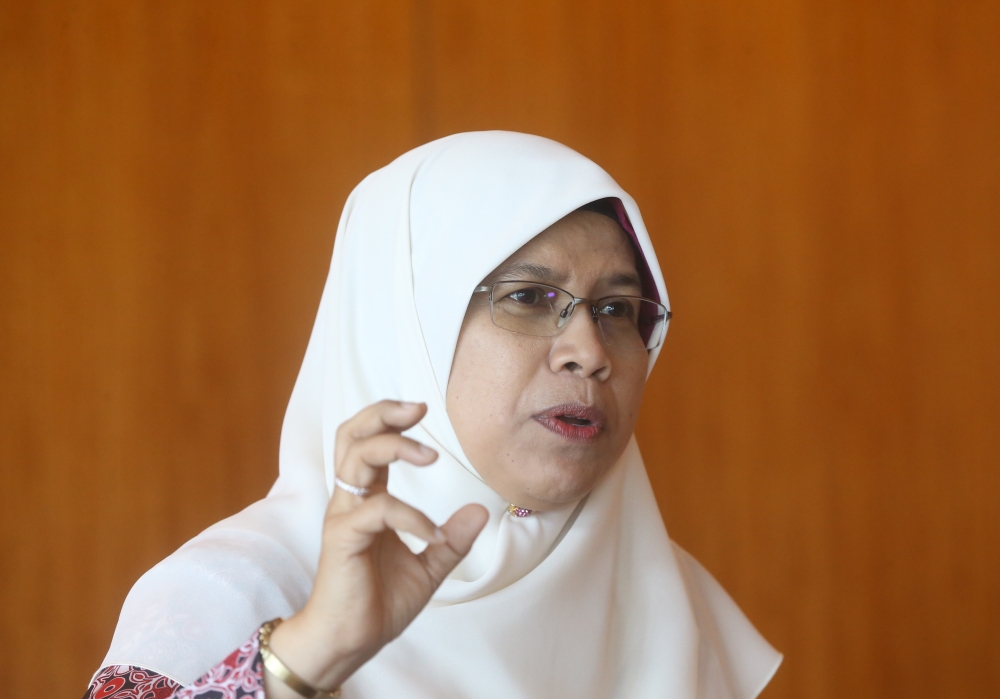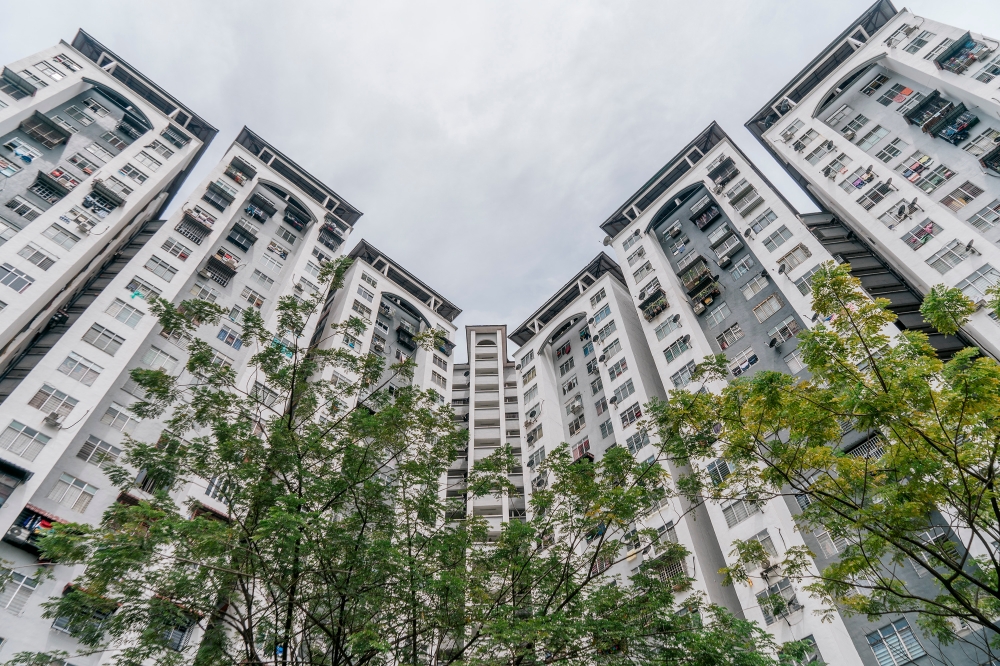KUALA LUMPUR, March 15 — Researchers have urged the federal government to review its social housing policy and address longstanding defects of the private market where homes have become severely unaffordable for a majority of Malaysians, as it released findings of a study that showed structural cracks in the public housing programme (PPR).
While some of the concerns that were raised in its study Decent Shelter for The Urban Poor, A Study of Program Perumahan Rakyat were well-known facts — like overcrowding, broken down facilities, lack of safety and accessibility to amenities — researchers at Khazanah Research Institute suggested that these problems were actually linked to a broader failure in the private housing market.
One of the clearest manifestations of this link is the inability of PPR dwellers to move out from the flats even as their income grew.
A survey on over 3,800 households that either rent or own units at four PPRs in the capital city and one in Penang showed that on average half of the respondents opted to stay, including households that earn up to RM4,000 onwards. Only one-tenth of respondents in this income bracket said they would move out.
When the respondents were asked to explain why they preferred to stay, researchers found that pricing and rental affordability in the private housing sector was a major factor — PPR dwellers have “extremely limited options” to buy or rent outside the social housing market because they cannot afford to.
“If residents were considering buying homes from the private market, their options are mostly limited to flats, cluster houses, apartments and condominiums,” the think tank said in the executive summary of its report.
Most of these dwellings also have a built-up area that is smaller than the PPR units itself, which may explain why PPR dwellers see little sense in buying them. In the rental market, data from the National Valuation Department (Inspen) showed the number of properties rented below RM500 are severely small.
“Even for a higher range of RM500-RM1,000 the number of rental options did not correspond to the proportion of PPR residents living above the basic needs,” the think tank said.
One of the major ramifications of having a private housing market that is mostly unaffordable is that more Malaysians, including those a bit better-off than current PPR dwellers, could be forced to rely on social housing in the future, when the objective of PPR housing was completely the opposite.
The PPRs, a programme that combined two social housing projects launched in 2002, was meant to offer transitory shelter for urban squatters with the hope that they would eventually afford to own or rent homes in the private market.
By 2009, up 62 per cent of the capital city's PPR units were sold to low-income households either outright or through rent-to-buy installment plans, which suggested that policymakers felt subsidising PPR rentals without gradual increments was no longer sustainable in the long term.
The questions that policymakers should ask now is if the PPR programme should be made a permanent method of shelter for the poor. or should it remain transitory with the view that targeted intervention should continue so that their income improves, and once that happens they move out.
KRI researchers suggested the government starts by framing its social housing policy based on a clear statement of objectives using international benchmarks.
This means a good social housing policy should provide decent lives and transition homes for the underprivileged, or security of tenancy and stability that supports a good quality of life, a platform to help the poor take up education or employment and facilitate a transition from social housing to affordable housing or tenancy in the private rental market.
A good social housing policy should also go beyond just focusing on the poor, the think tank said.
This would entail making the necessary corrections that extends to the private market to address problems with affordability, so those moving out of PPRs would not be forced to stay in worst-off housing conditions.
"There is little merit in housing policies that solely focuses on the poor in the hope that 'the market' will take care of the rest, without ensuring the proper functioning of the market," it said.

